The art of saying “no” (kindly) as a grandparent
If you love your grandchildren, but feel you are being run ragged, here’s our expert guide to saying “no” without causing upset.

If you love your grandchildren, but feel you are being run ragged, here’s our expert guide to saying “no” without causing upset.

If you’re a grandparent, chances are you adore your grandchildren: the laughter, the little hands in yours, the stories that make you melt. But if you’re honest, there are also moments when you feel completely drained.
You may have thought that this stage of life would bring more freedom, yet somehow your diary is busier than ever with school runs, after-school clubs, emergency childcare and holiday cover. And somewhere in between all of that, you’re supposed to find time for your own life, too.
Many grandparents tell me that they feel a quiet pressure to always say “yes”. Yes to babysitting, yes to picking up, yes to having everyone round for Sunday lunch because “it’s easier at yours”. They love helping but sometimes, that help comes at the expense of rest, hobbies or simply a peaceful day at home.
And yet, saying “no” doesn’t come naturally. For a generation raised to be dependable and selfless, saying “no” can feel almost selfish. There’s a fear of disappointing your children, of letting someone down, or of not being the kind of grandparent you want to be.
But here’s the truth: saying “no” doesn’t make you unkind or uncaring, it just makes your kindness sustainable.

Today’s grandparents often carry far more than their own parents did. Many are still working full or part-time, some are caring for elderly parents, managing health issues or juggling multiple households. The expectation to always “help out”, often at short notice, can tip even the most willing grandparent into quiet exhaustion.
In my coaching work, I often hear sentences that begin with:;
“I don’t mind, but…”
“It’s only one day a week.”
“I don’t want to say ‘no’, because they rely on me.”
These are generous people, the kind who’ve spent a lifetime showing up for others. But when we always say “yes”, even at a personal cost, resentment can quietly grow, and with resentment comes guilt, creating a cycle that leaves everyone tense.
What’s missing isn’t love, it’s boundaries.
Boundaries get a bad reputation. They sound like walls but, in reality, they’re bridges, the lines that keep relationships respectful and balanced.
A boundary isn’t about saying “I won’t help”. It’s about saying: “I want to help but in a way that works for both of us”.
It might look like:
Saying these things kindly but clearly sets expectations and prevents miscommunication later. Most adult children don’t mean to overstep – they’re often juggling their own overwhelm.
By being honest, you’re actually teaching them how to respect your time and energy, too.
Of course, guilt is often the hardest part. Many grandparents feel torn: “They’re my family, I should want to help.” But guilt isn’t proof that you’re doing something wrong, it’s simply proof that you care deeply.
If you catch yourself thinking, “I should”, try replacing it with, “Would I like to?”
That tiny change of language shifts you from obligation to choice. It helps you notice what you genuinely want, rather than what you feel duty-bound to do.
It’s worth remembering that the best gift you can give your family isn’t endless availability – it’s your health, happiness and calm presence. Children (and grandchildren) learn as much from watching how you take care of yourself as they do from how you care for others.;

Sometimes, the word itself feels too sharp. That’s OK. You can decline an invitation or request without ever using it directly.
Here are some gentle, honest alternatives:
Notice the tone: kind, warm and clear. You’re not closing the door, you’re just managing the flow.
And if guilt creeps in afterwards, try reminding yourself: “Saying ‘no’ now helps me to say ‘yes’ later with more energy.”
For many, the pattern of saying “yes” runs deep. It’s a habit formed from years of being dependable, of keeping things running smoothly. Changing it takes time and courage. But every time you assert a small boundary, you model something powerful for your adult children and grandchildren: self-respect, balance, and the ability to choose what’s right for you.
You may even find that saying “no” opens up space for more meaningful “yeses” to the things that genuinely light you up. Maybe that’s a morning walk, a hobby you’ve put on hold, or time with friends you haven’t seen in ages.
When your “yeses” come from choice rather than obligation, they feel lighter and more sustainable./p>
If you’ve spent a lifetime looking after everyone else, slowing down can feel unnatural, even uncomfortable. But it’s not selfish to want breathing space. It’s sensible. Your family loves you, not just for what you do for them, but for who you are. The calmer and happier you are, the more everyone benefits.
So, the next time you’re asked to babysit, host or help, pause for a moment before answering.
Ask yourself:
You might be surprised at how much lighter life feels when you give yourself permission to say “no” sometimes, and how those around you start to respect that space, too.
Saying “no” doesn’t mean you love your family any less. It means you love them and yourself enough to create balance. A kind “no” today can make room for a happier “yes” tomorrow.
Being a grandparent isn’t about doing everything – it’s about being there, wholeheartedly, when it really matters.
(Hero image credit: Getty Images)
If you are thinking about helping your grandchildren financially our experts at Saga Money have advice on how to put money aside for your grandchildren, the best way to give money to grandchildren and how you could make your grandchild a millionaire.
Kate Tilston is The Practical Life coach. She has been a life coach for 18 years now and works with clients to help them see the wood for the trees, to feel less overwhelmed and more in control. Her coaching is a very practical style which enables people to move forward with clarity and ease.
View author page
Your chance to win a 14-day tour around the Rockies and Vancouver for two, worth more than £8,800.
T&C’s apply.

.jpg?la=en&h=549&w=823&hash=85077D343B0A5A78958C76A24A1B44E8)


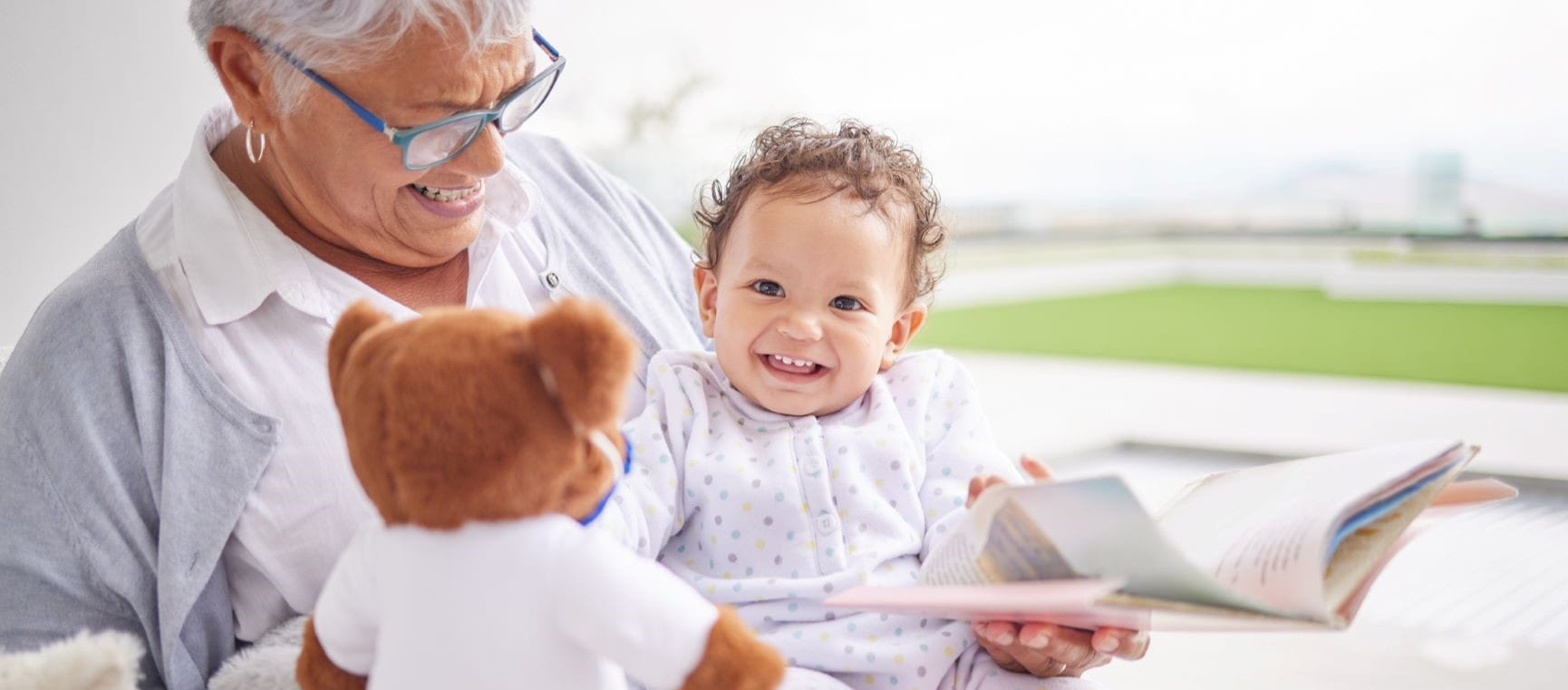
The joy of a first grandchild can also create new challenges. We've got the best advice on how to navigate becoming a first-time grandparent.
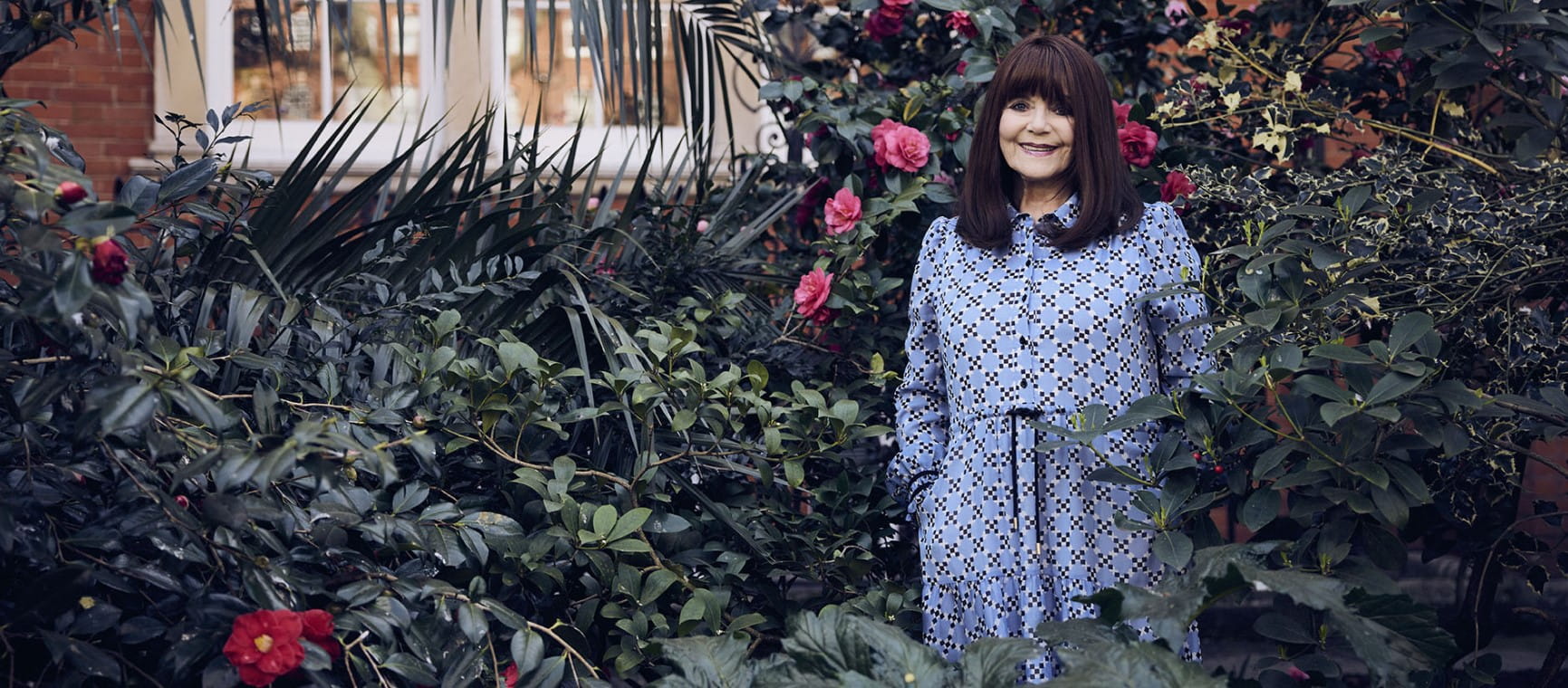
Dr Miriam Stoppard tells a woman whose new relationship lacks physical fire to allow time for the spark to build up into a blaze.
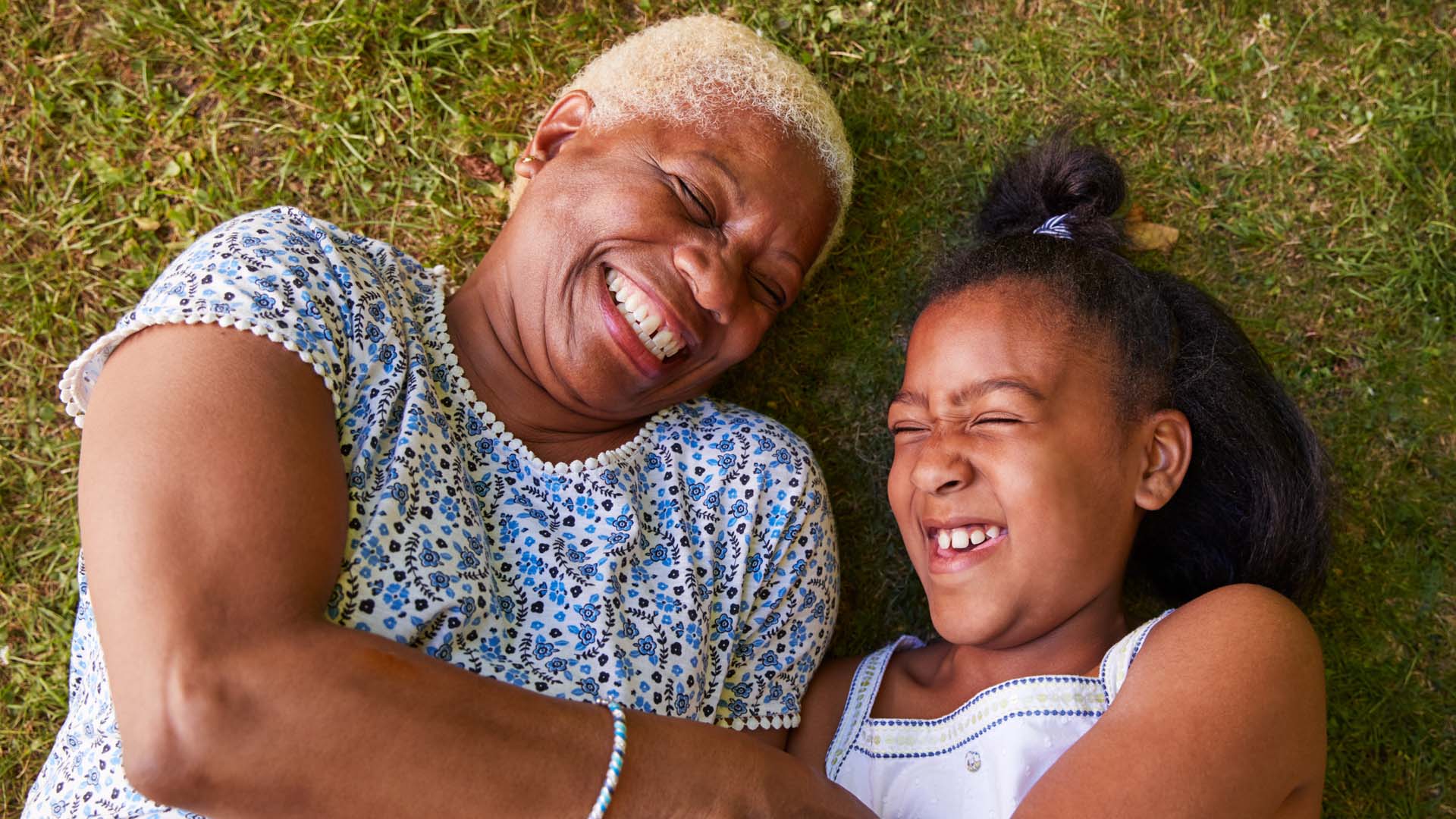
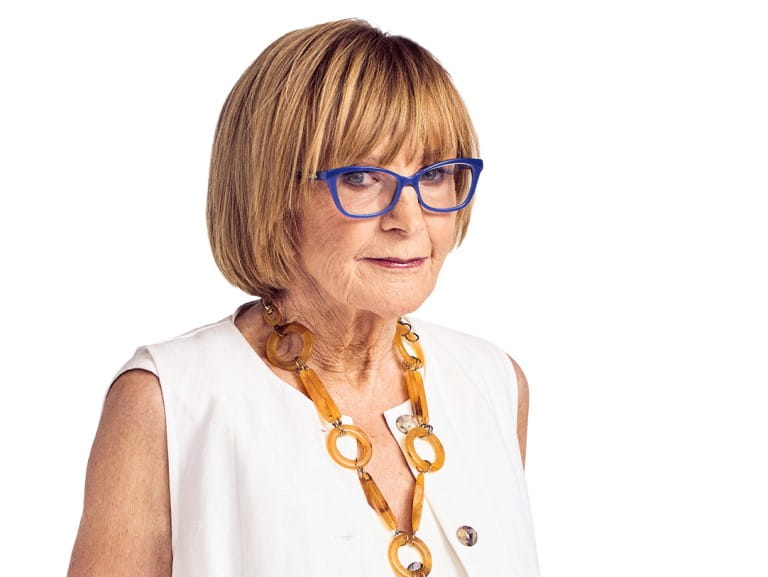
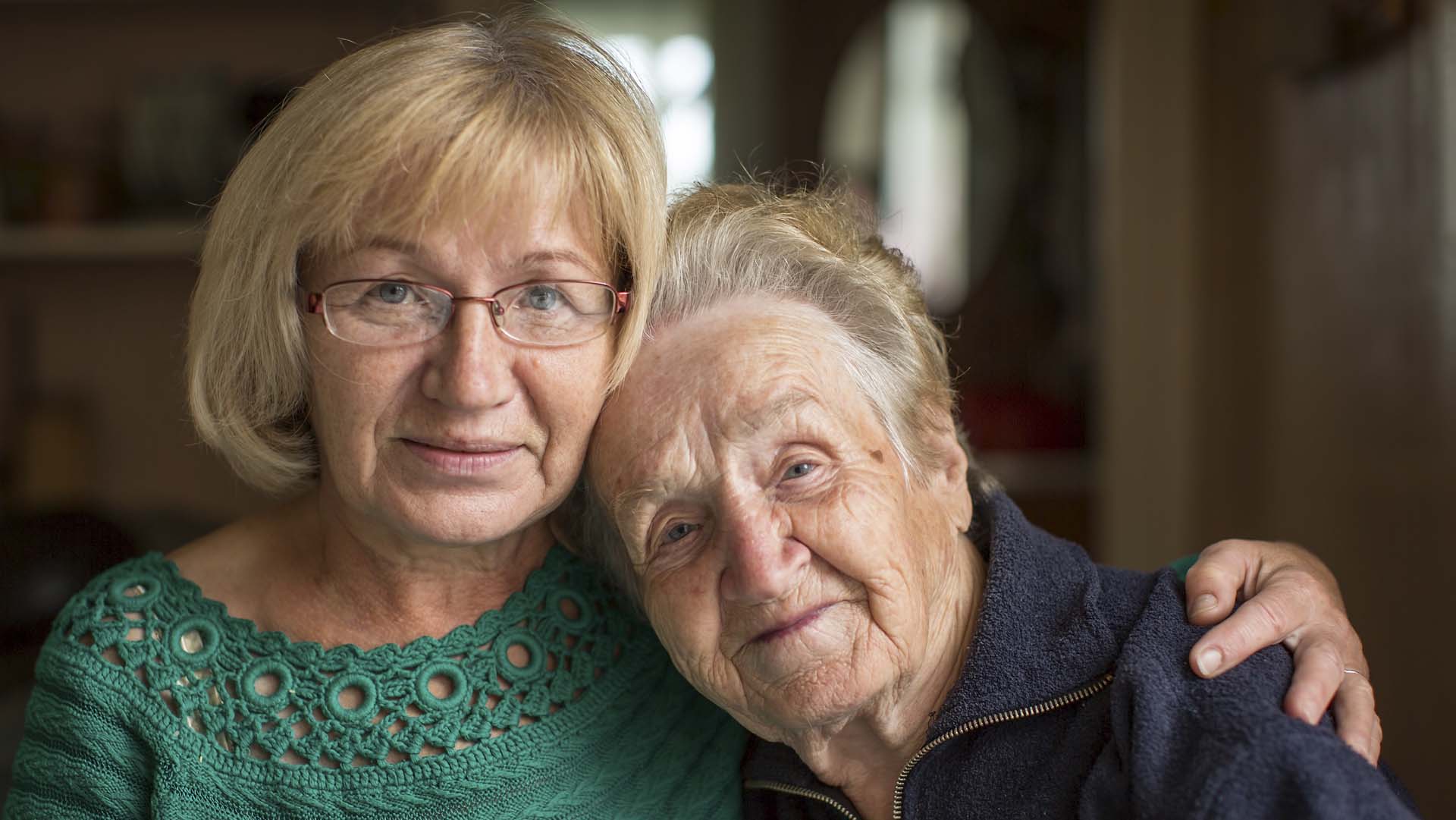
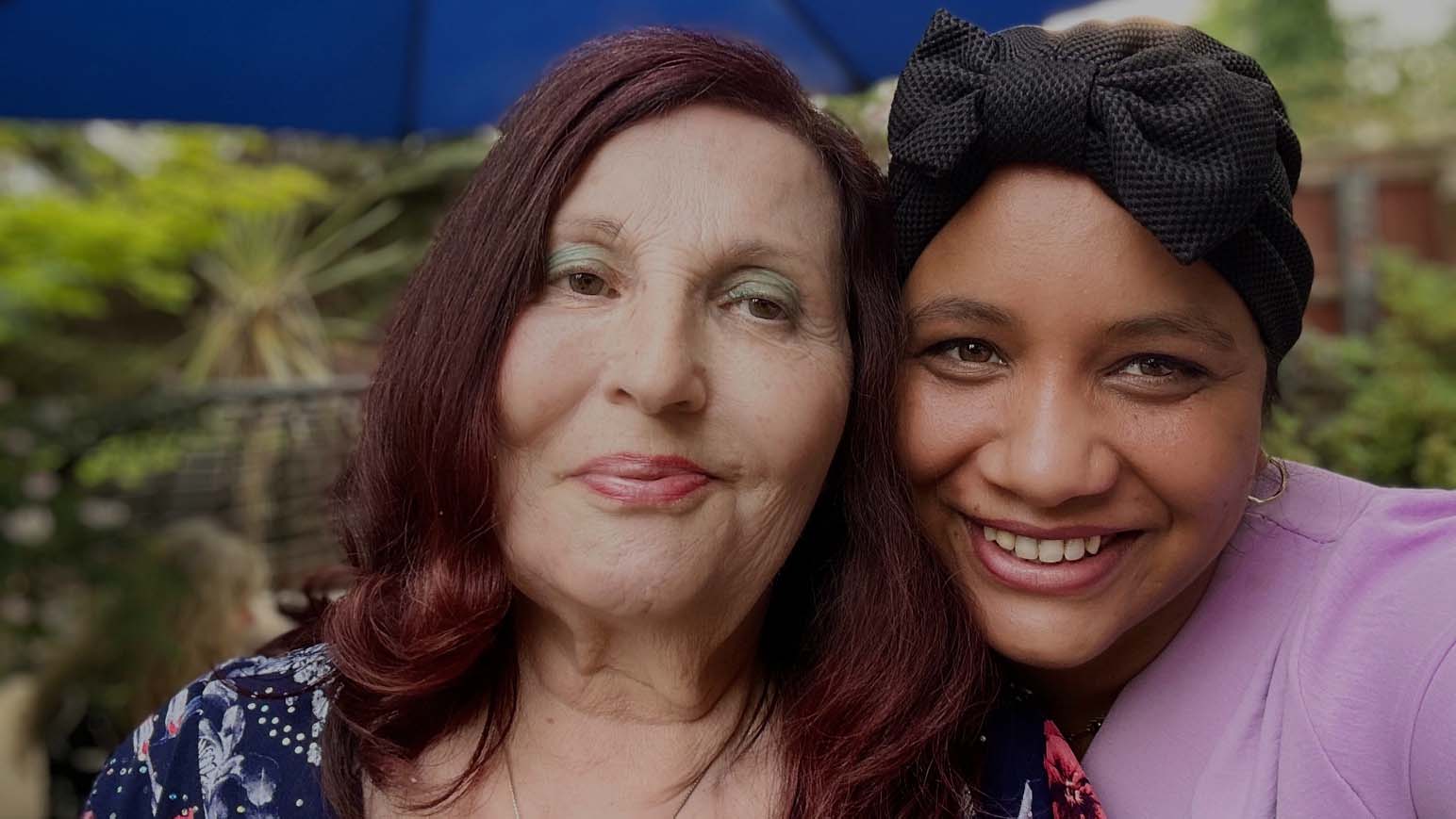
The power of age gap friendships - we share the benefits and how to make them.
.jpg?la=en&h=576&w=823&hash=4516D8557DC47B1E21444166FFB91605)

